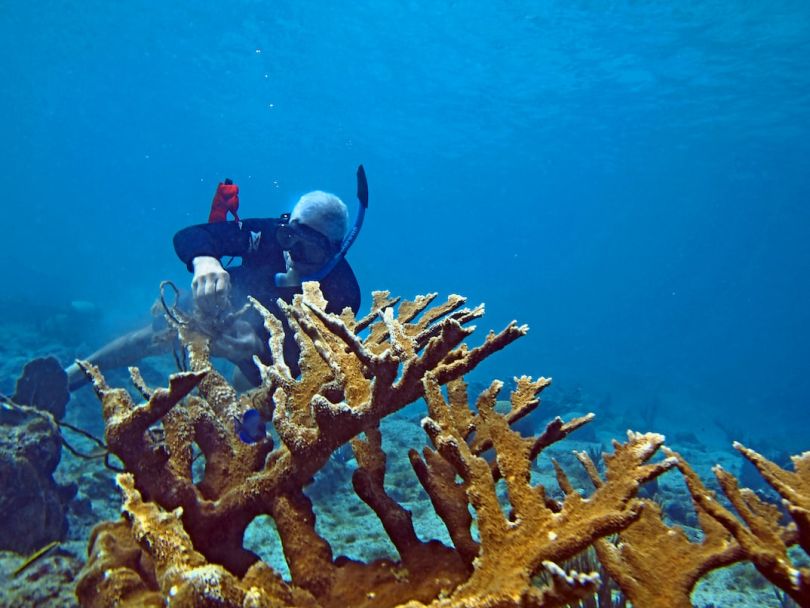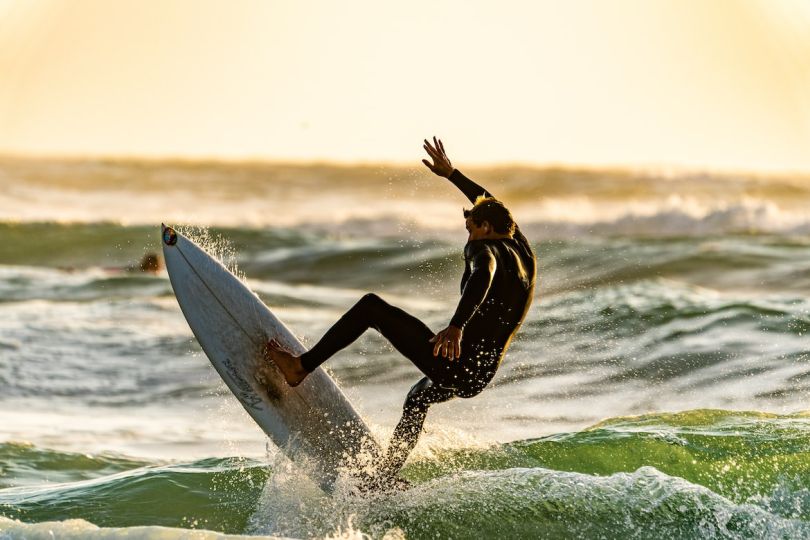Should You Go Surfing, Scuba Diving, or Both?

If you’re seeking an adventure that involves enjoying the ocean, there are several ways to do it. Two of the most popular options are surfing and scuba diving. Both offer unique opportunities to connect with nature and enjoy thrilling experiences in the water. In this article, we’ll discuss both of these activities, so you can decide whether to go surfing, scuba diving, or both.
The Pros of Scuba Diving
Scuba diving provides the opportunity for exploring underwater worlds that are otherwise inaccessible. You can view coral reefs, shipwrecks, and marine life up close in their natural habitats. Imagine swimming with dolphins or spotting giant sea turtles! Scuba diving is a low-impact exercise that gets your heart rate up and works out your muscles. It can improve your cardiovascular health while strengthening your core muscles and improving flexibility. It also reduces stress levels, as being immersed in water has proven calming effects.
Scuba diving allows you to develop new skills, from learning how to control buoyancy underwater to mastering hand signals and communication with fellow divers. It presents a unique opportunity for personal growth and development and adventure-seeking opportunities that can’t be found elsewhere. If you want to learn how to scuba dive you can receive expert instruction from experienced divemasters. Their websites explain everything from pier pick-ups and advanced dive training to packages and pricing.
The Cons Of Scuba Diving
A major con is the cost because it can be quite expensive to purchase or rent all of the necessary equipment. It can also be costly to obtain proper training and certification. Additionally, not all locations are ideal for scuba diving, so you may have to travel far from home in order to find a suitable spot. Also, many dive locations charge fees for access or guided tours.
Another drawback is that it can be physically demanding – and even dangerous – if not done properly. Divers must maintain a certain level of physical fitness in order to safely handle the equipment, and navigate underwater environments. They must adhere strictly to safety protocols in order to avoid decompression sickness, equipment failure, or serious injuries.

The Pros Of Surfing
Surfing’s an excellent workout that engages various muscle groups in the arms, shoulders, back, and core. It improves cardiovascular health by increasing heart rate and blood circulation. It helps to increase flexibility and balance, due to the constant shifting of weight while riding waves. Paddling out to catch waves requires body strength while standing up on your board engages your core muscles.
Psychologically, surfing provides a sense of freedom and allows individuals to connect with nature in a unique way. The feeling of catching a wave can be exhilarating and boost self-confidence levels. Being out in the ocean can be calming and reduce stress levels. Finally, surfing can be an incredibly social activity. Many surfers bond over their shared love for the sport and form tight-knit communities around surf spots all over the world. If you’re desiring new friends and quality time with like-minded individuals, you’ll find plenty of opportunities both in and out of the water.
The Cons of Surfing
The high risk of injury is a significant drawback for anyone considering taking up this sport. Even with proper training and equipment, surfers are still susceptible to accidents. They include getting hit by their own board or crashing into rocks or other surfers. Additionally, exposure to cold water and harsh weather conditions can cause hypothermia, dehydration, and sunburn.
Finding the ideal surfing spot can be challenging because the waves can be unpredictable and inconsistent. A surfer may have to travel long distances in search of perfect waves, which may not always manifest themselves. Also, purchasing equipment (such as wetsuits and boards) can prove expensive for individuals who are just starting out.
Which Should You Choose?
Surfing requires more physical exertion than scuba diving as it involves paddling out into the ocean, reading waves, and using your body to catch them. In contrast, scuba diving requires more mental preparation and attention to detail.
Ultimately, it depends on what type of experience you’re looking for. If you want an intense physical challenge with a rush of adrenaline, surfing could be the solution. If you’re looking for a more relaxed way to explore underwater landscapes, scuba diving could be the answer.
At the end of the day, you’ll need to assess your desires, budget, and attitude toward risk. This may well steer you in one particular direction. Alternatively, you’ll try and enjoy both activities and pursue them for many years to come.
